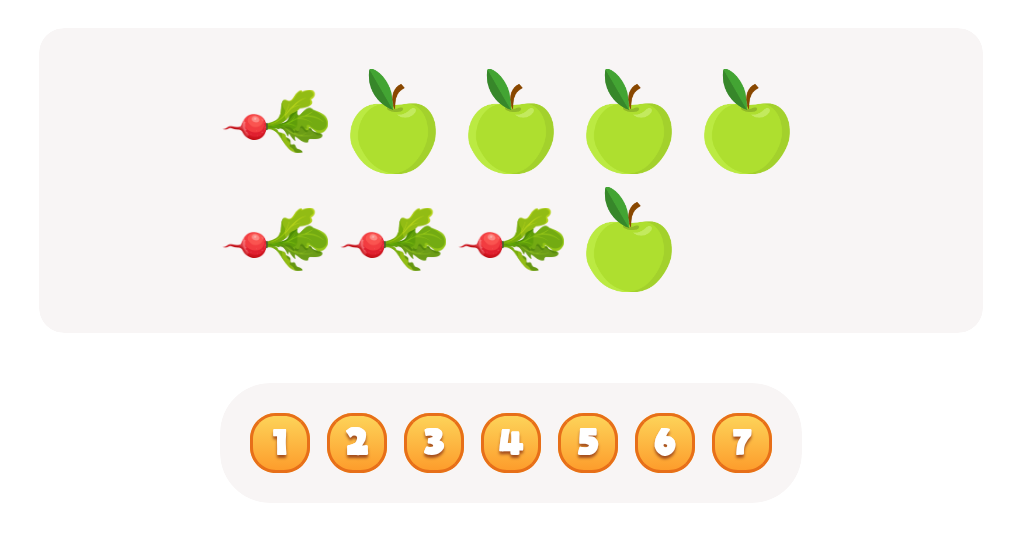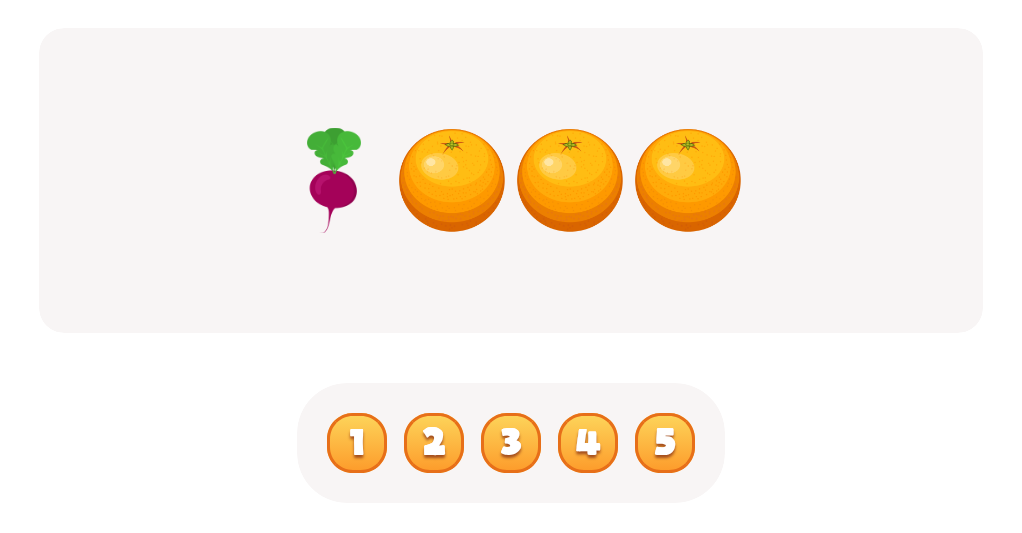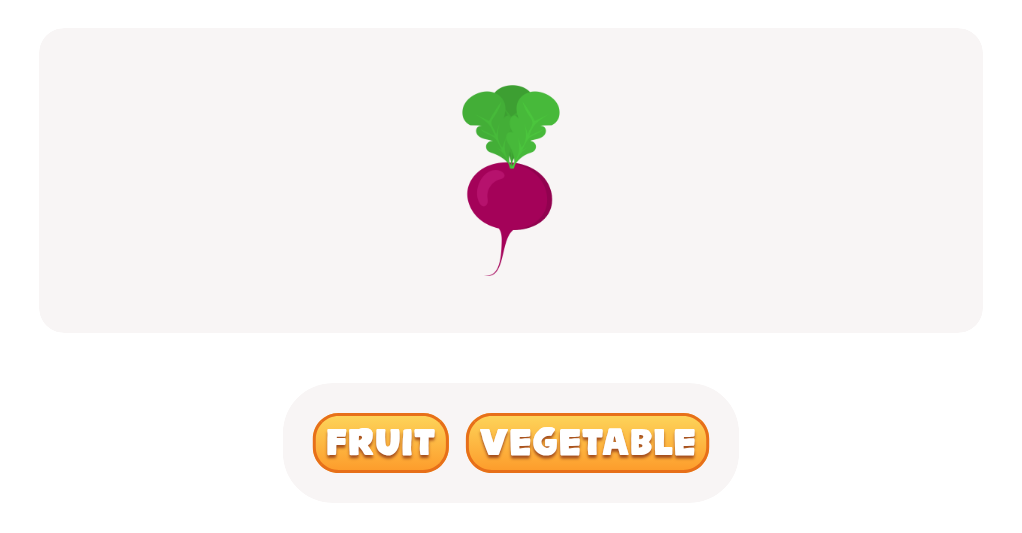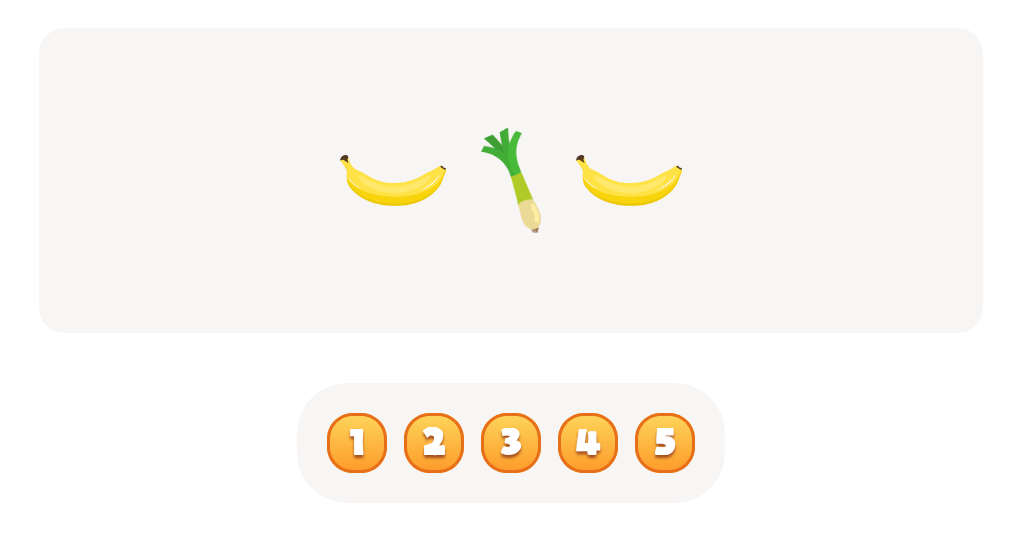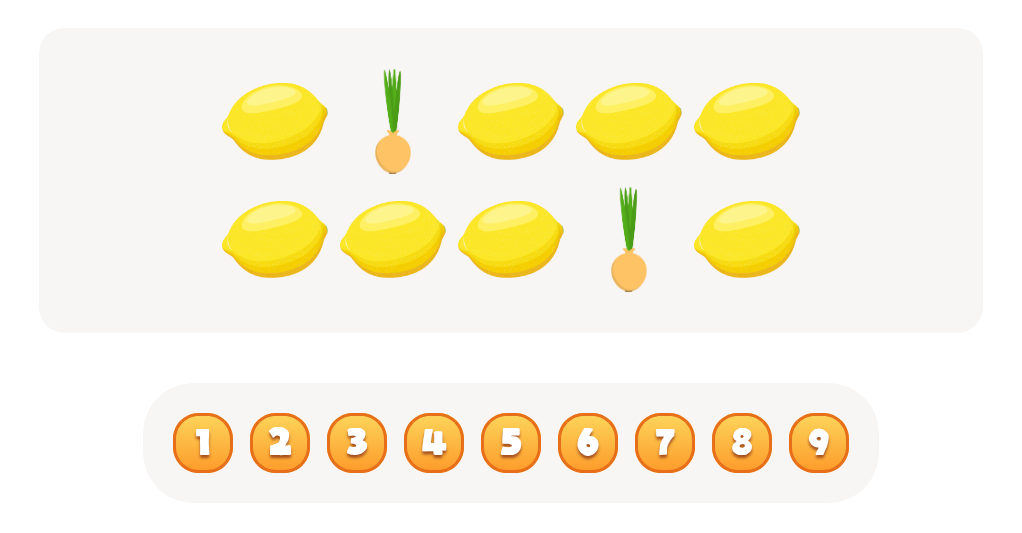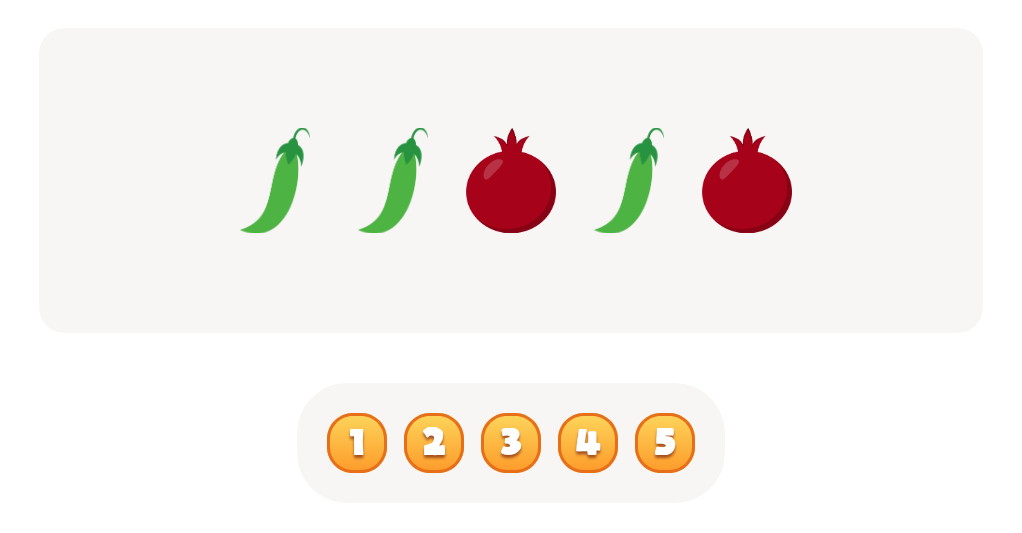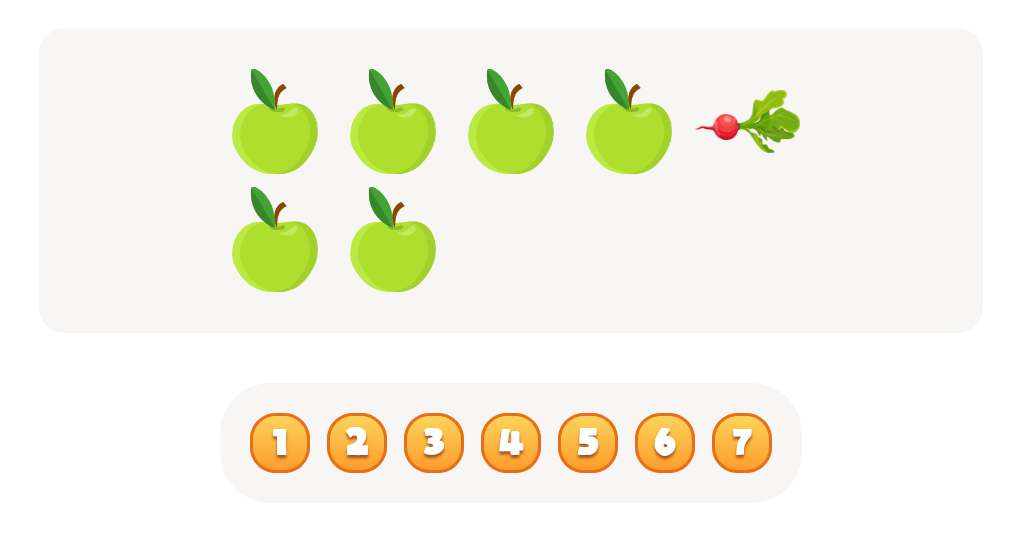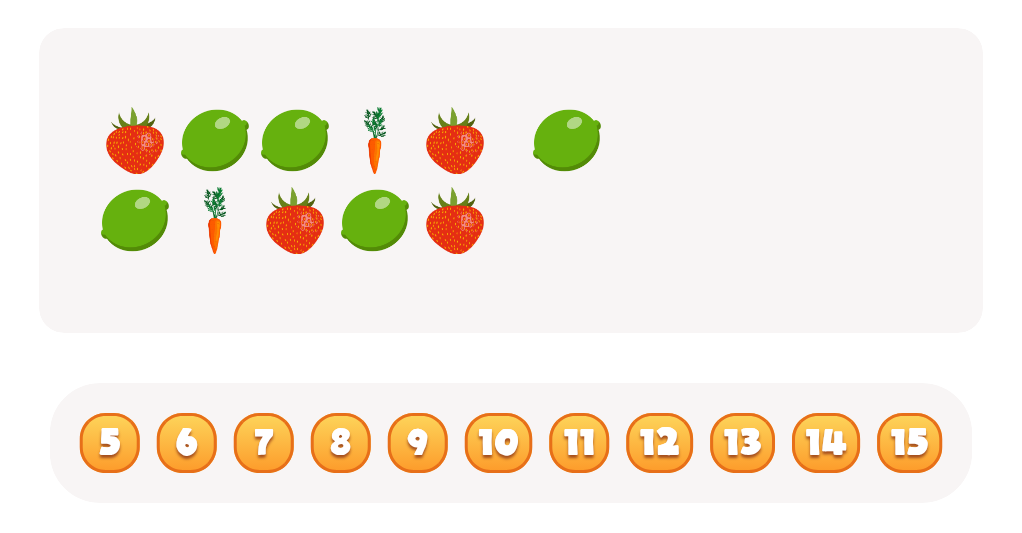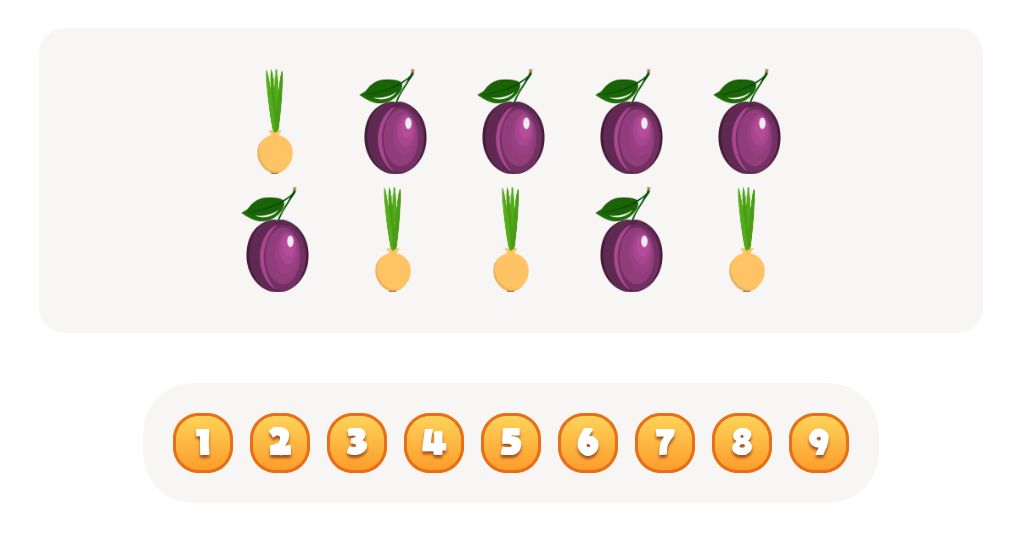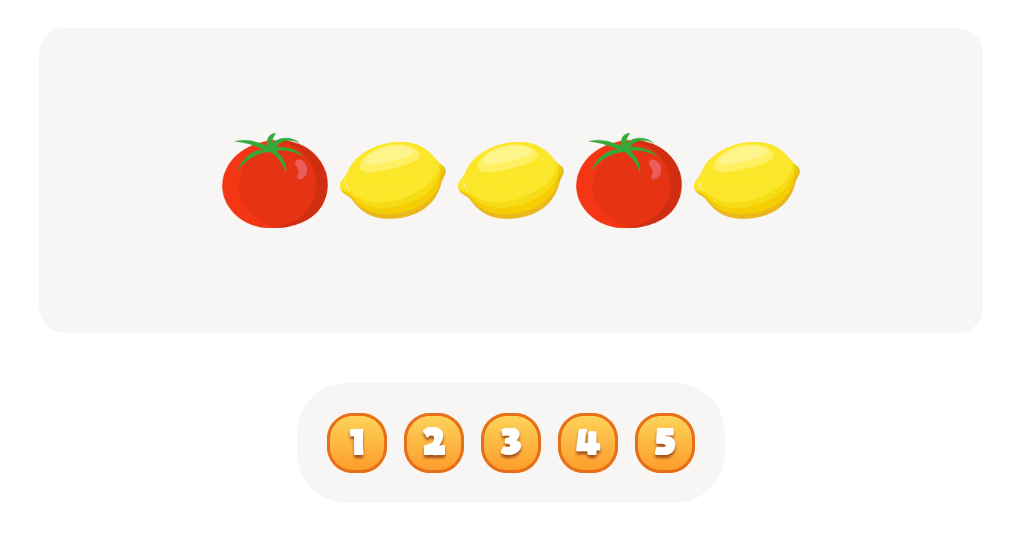Normal Plants and Animals Worksheets for Ages 3-8
100 filtered results
-
From - To
Discover our engaging "Normal Plants and Animals Worksheets" designed for children ages 3-8! These thoughtfully crafted worksheets are perfect for introducing young learners to the fascinating world of plants and animals. Each activity encourages exploration and creativity, helping kids identify different species, understand their habitats, and recognize their importance in nature. With vibrant illustrations and fun exercises, these worksheets foster a love for science while enhancing critical thinking and observational skills. Whether in the classroom or at home, our resources make learning about the environment enjoyable and accessible. Dive into the wonders of nature with our educational worksheets today!

Mammals and Reptiles Worksheet
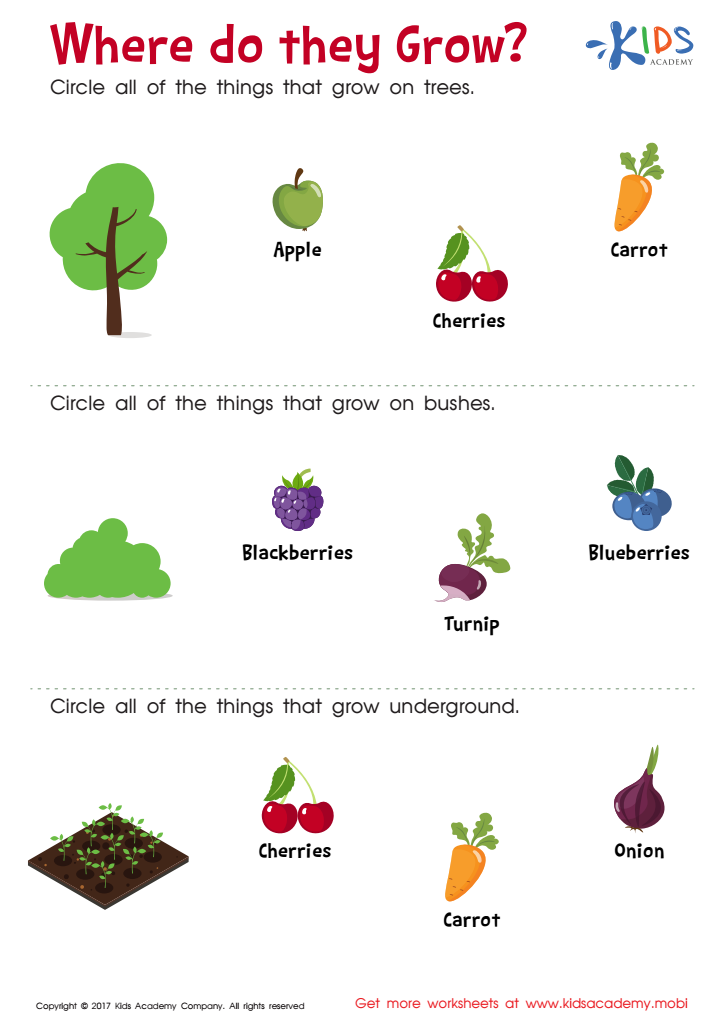

Where Do They Grow Worksheet
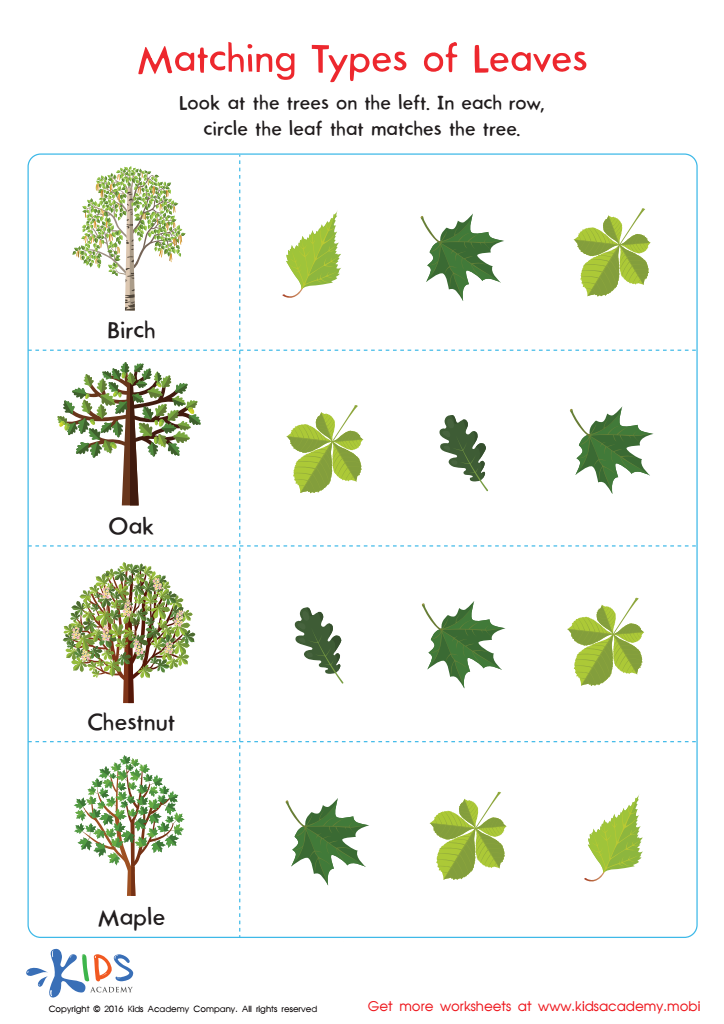

Matching Types of Leaves Printable
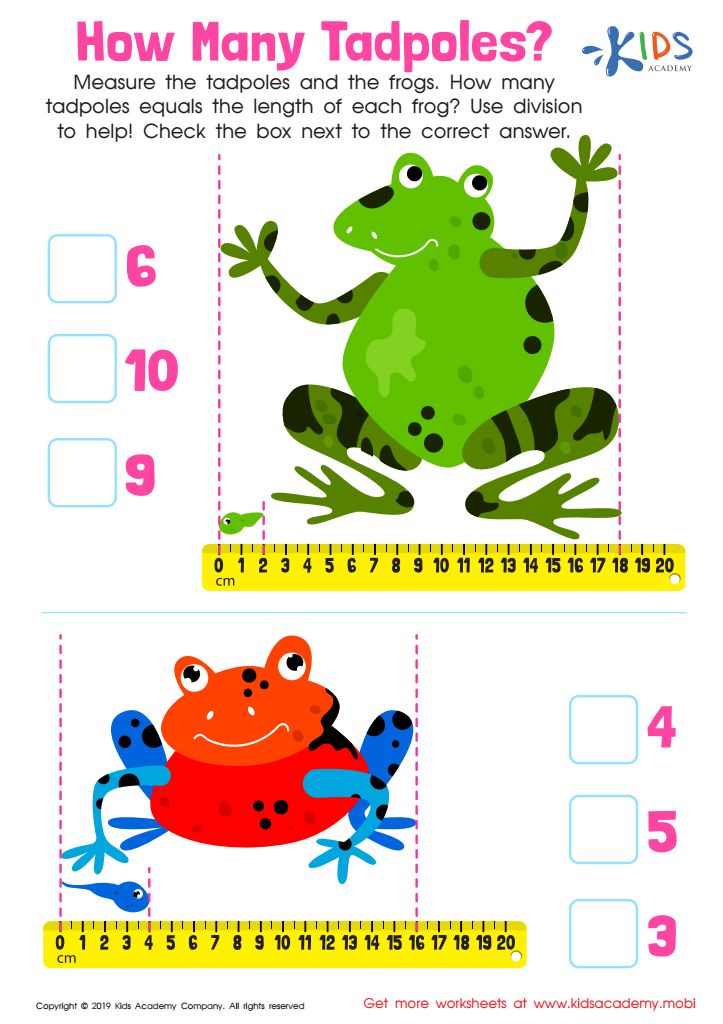

How Many Tadpoles Worksheet
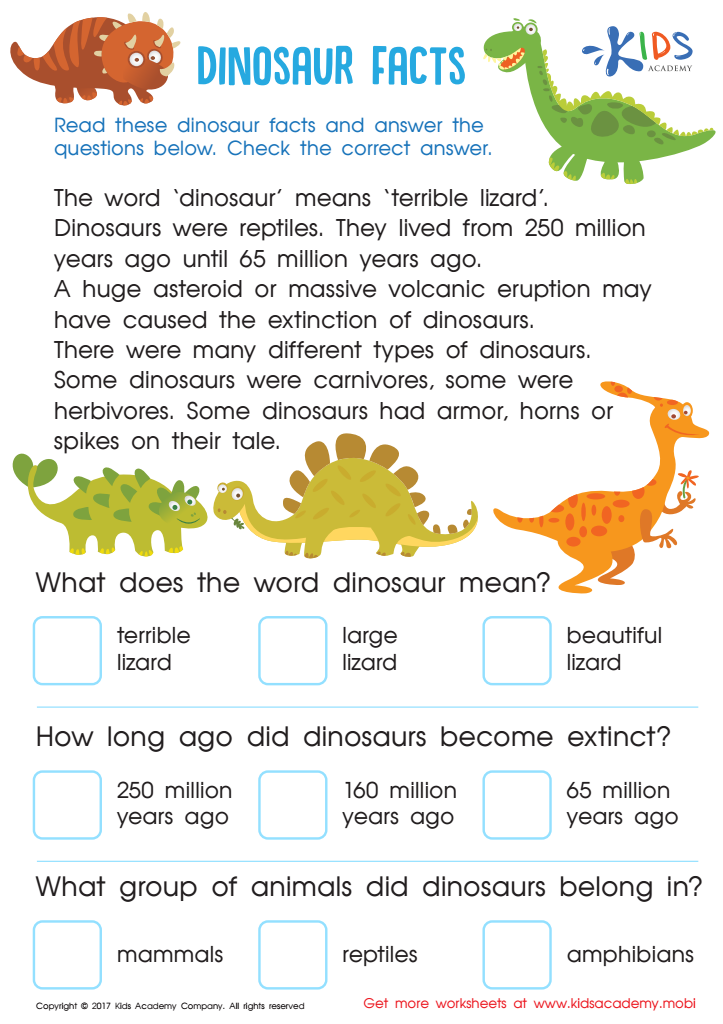

Dinosaur Facts Worksheet
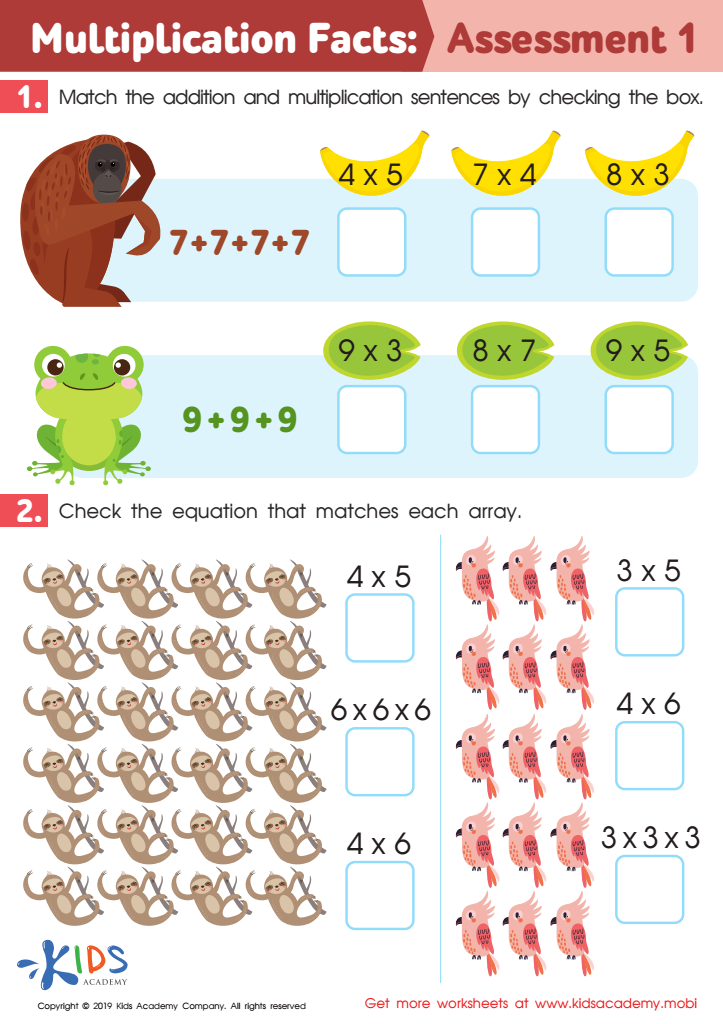

Multiplication Facts: Assessment 1 Worksheet
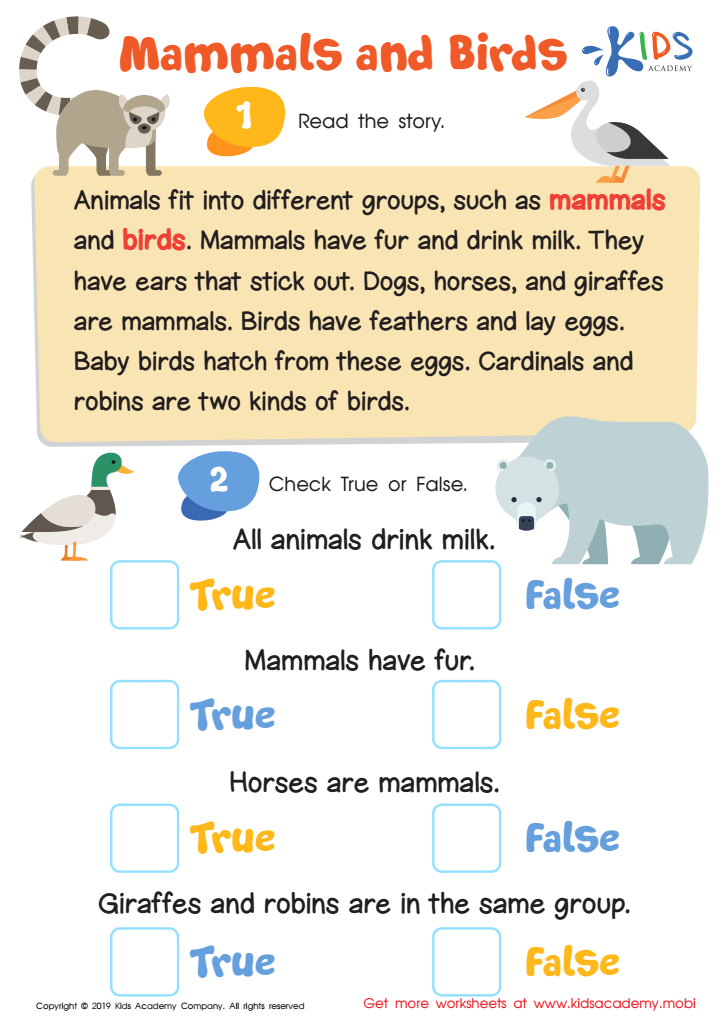

Mammals and Birds Worksheet
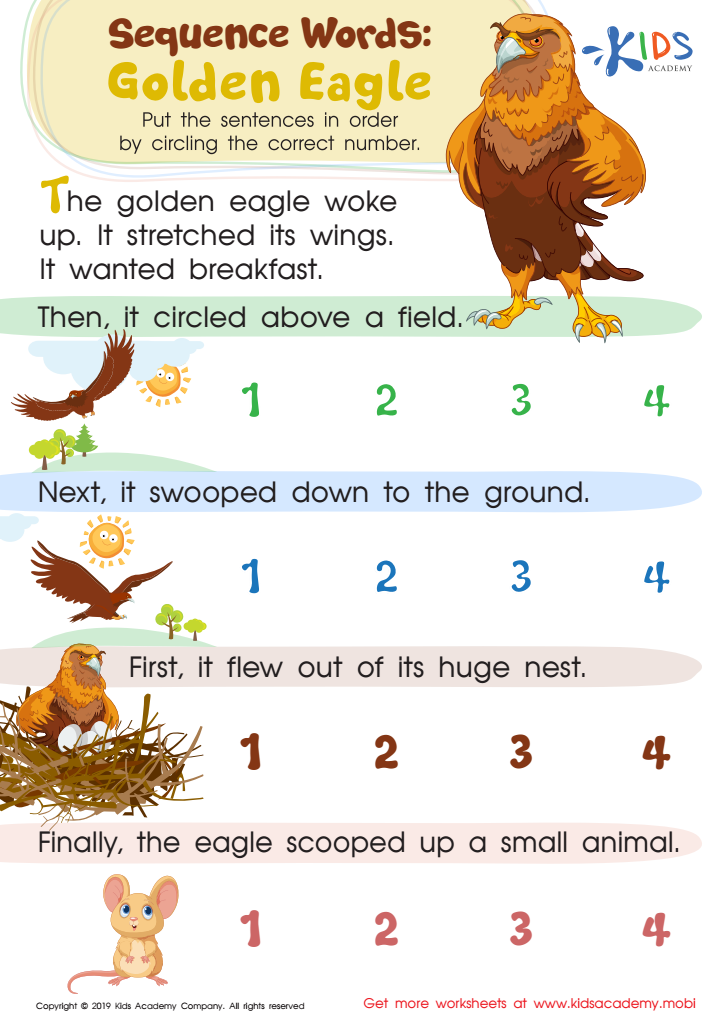

Sequence Word Eagle Worksheet


African Wildlife: Giraffe Worksheet
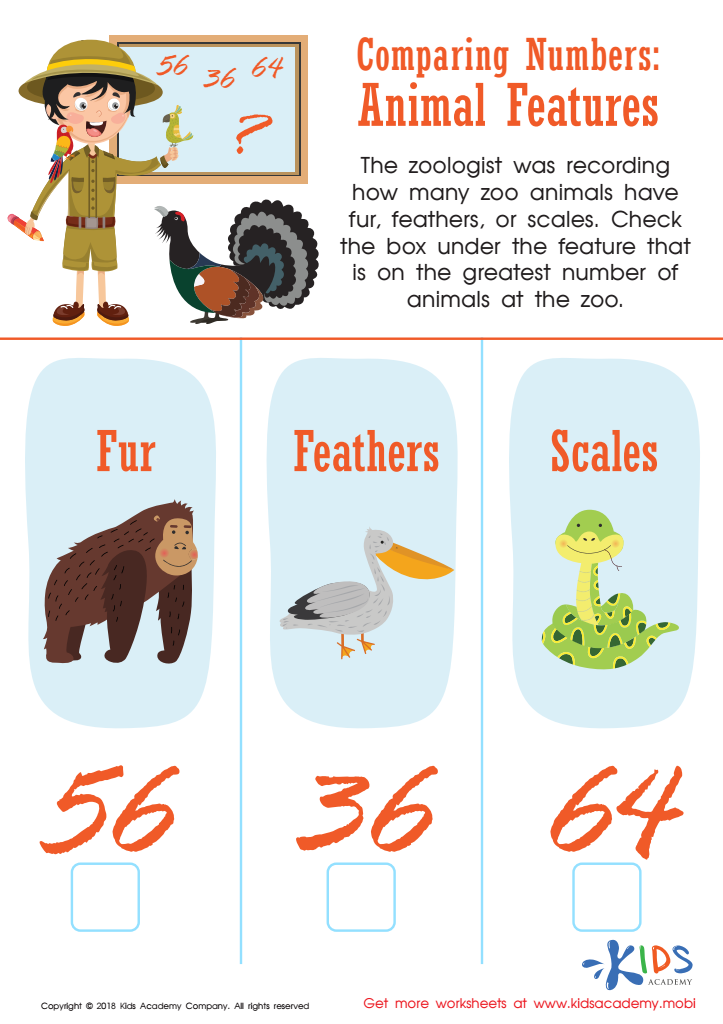

Animal Features Worksheet


Sorting Animals in 3 Groups Worksheet
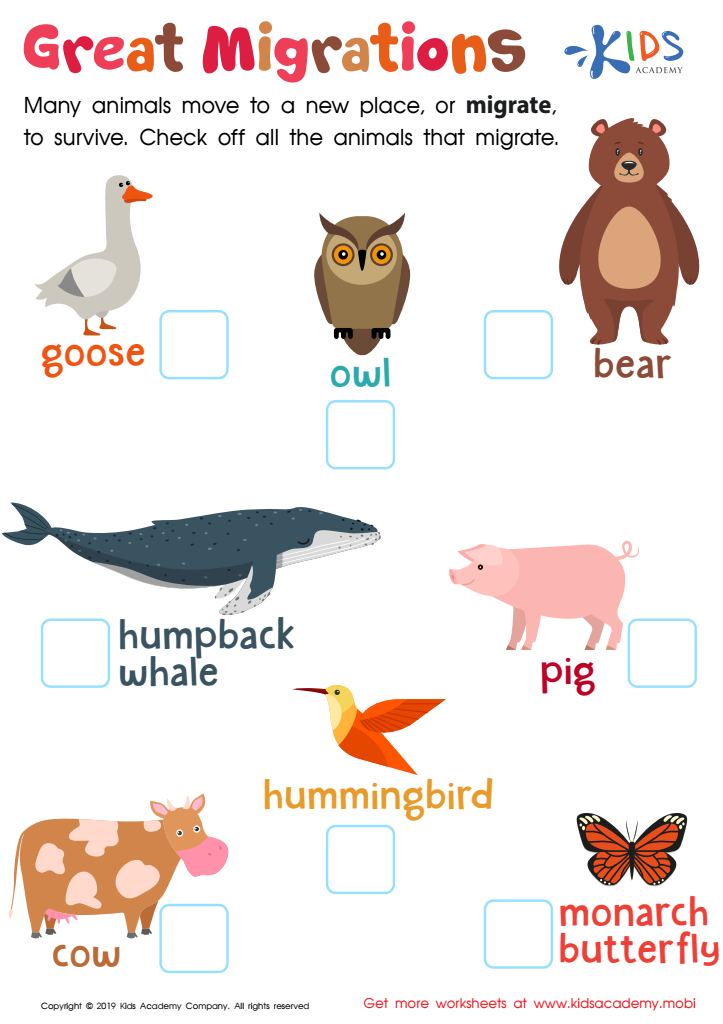

Great Migrations Worksheet
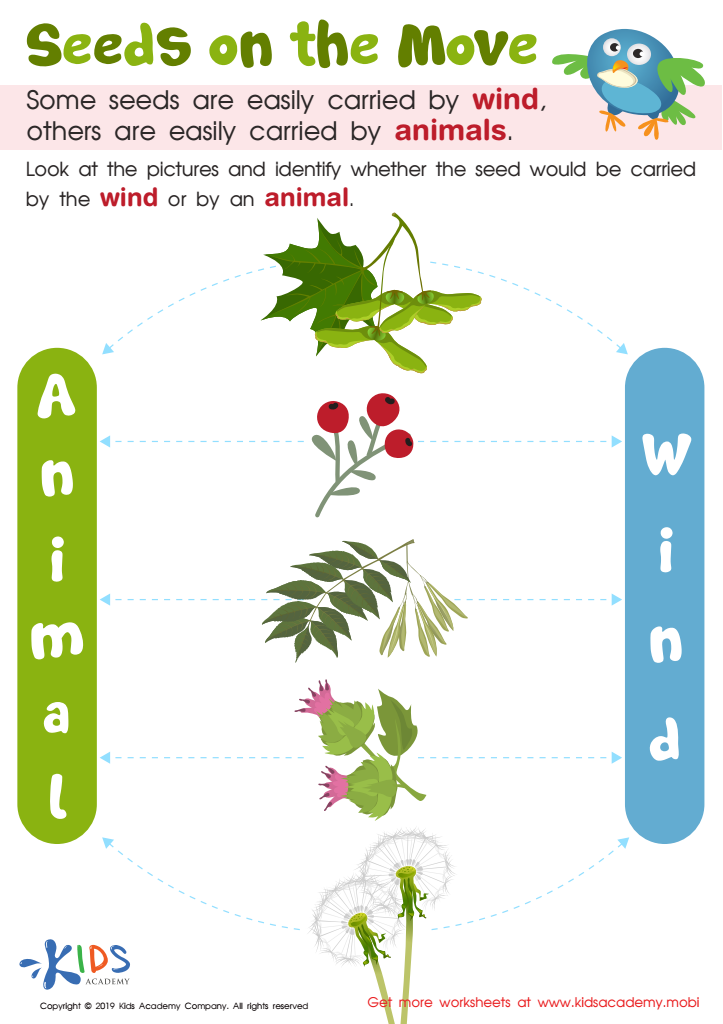

Seeds on the Move Worksheet
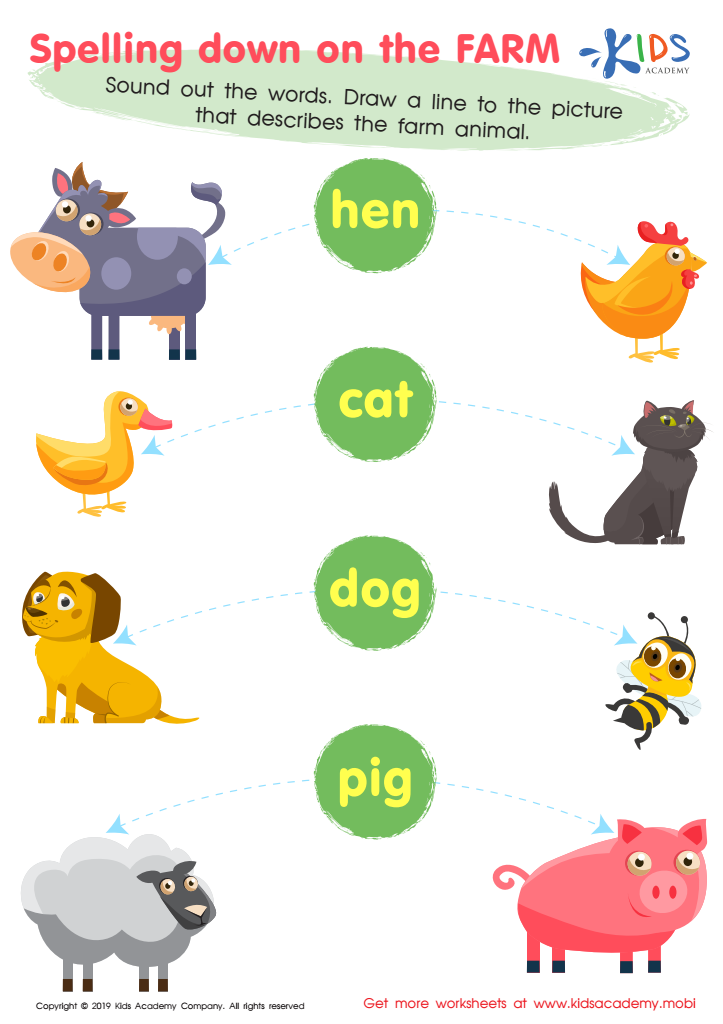

Spelling Down on the Farm Worksheet
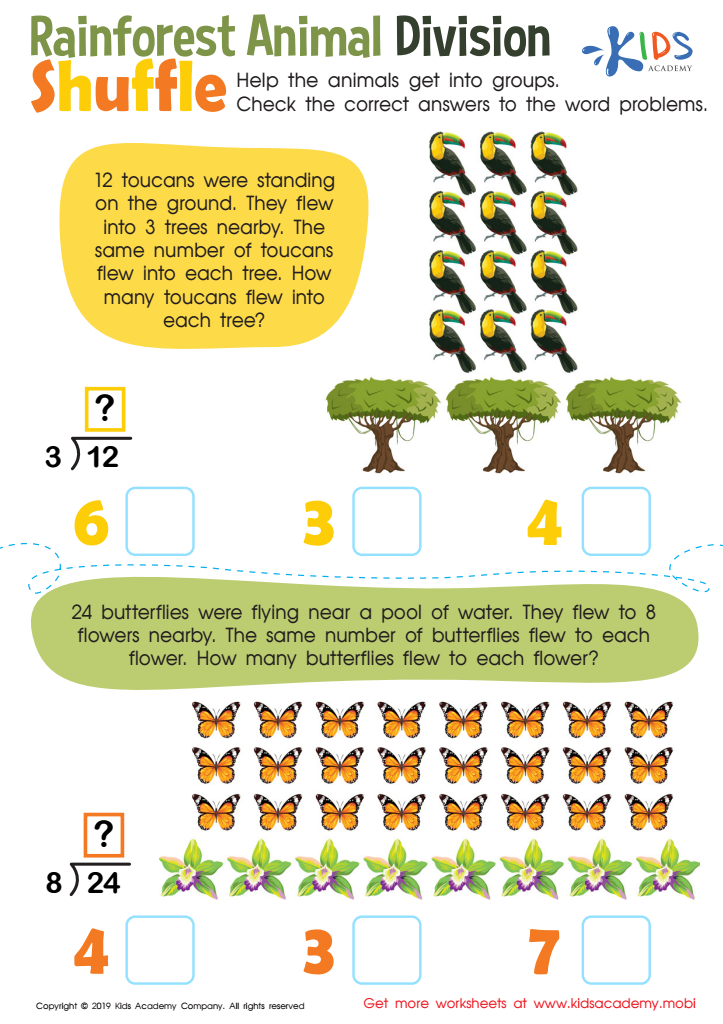

Rainforest Animal Division Worksheet
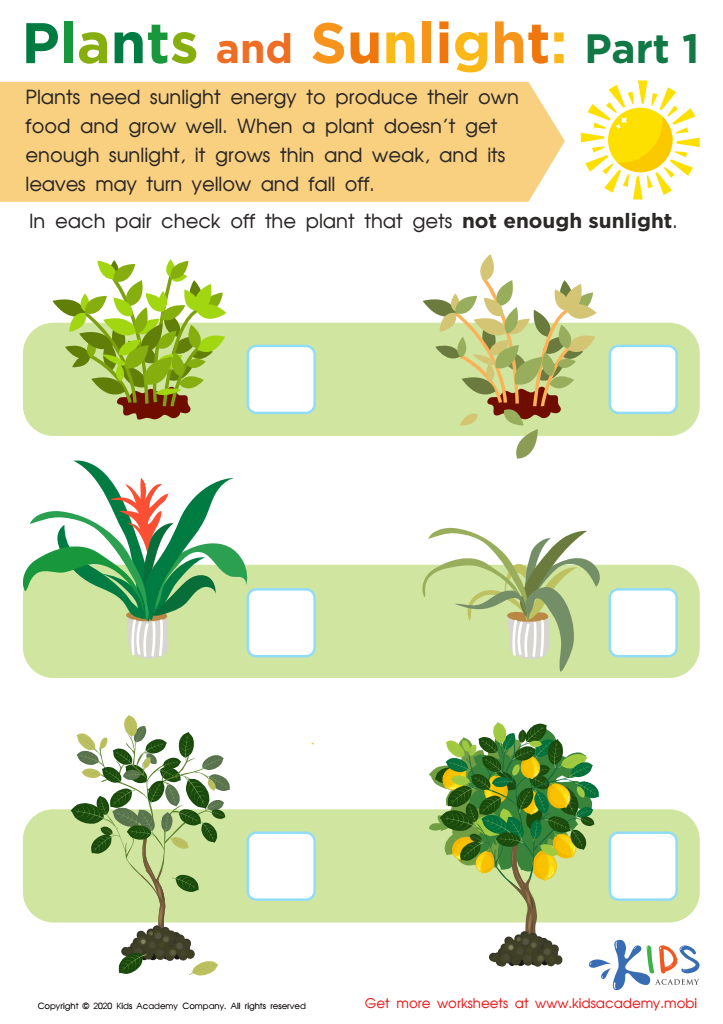

Plants and Sunlight: Part 1 Worksheet
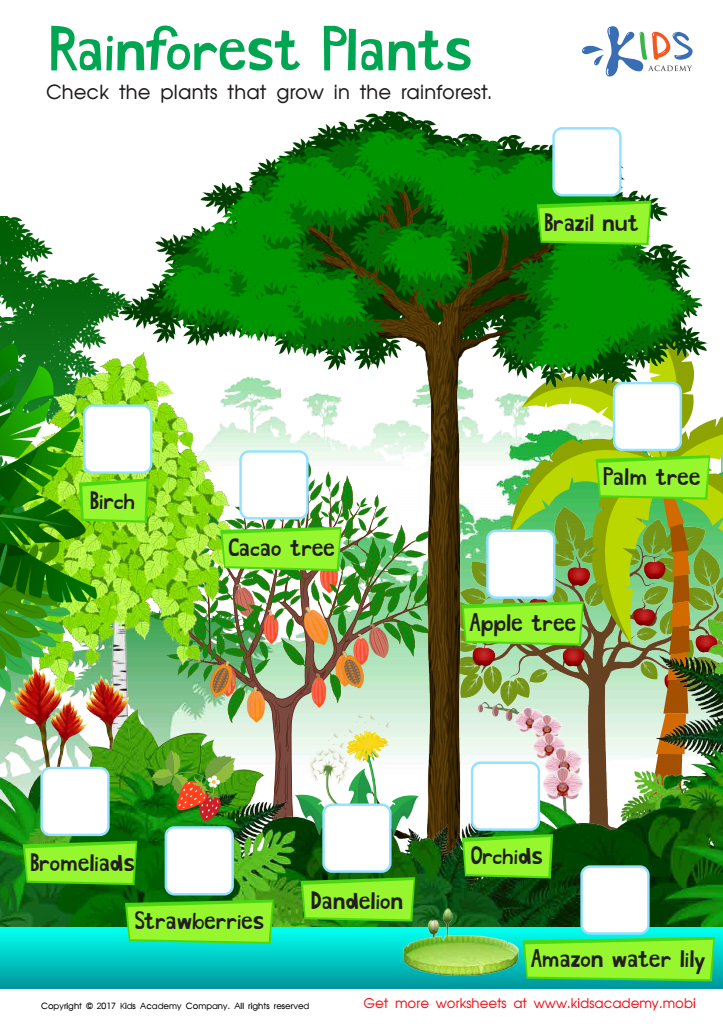

Rainforest Plants Worksheet
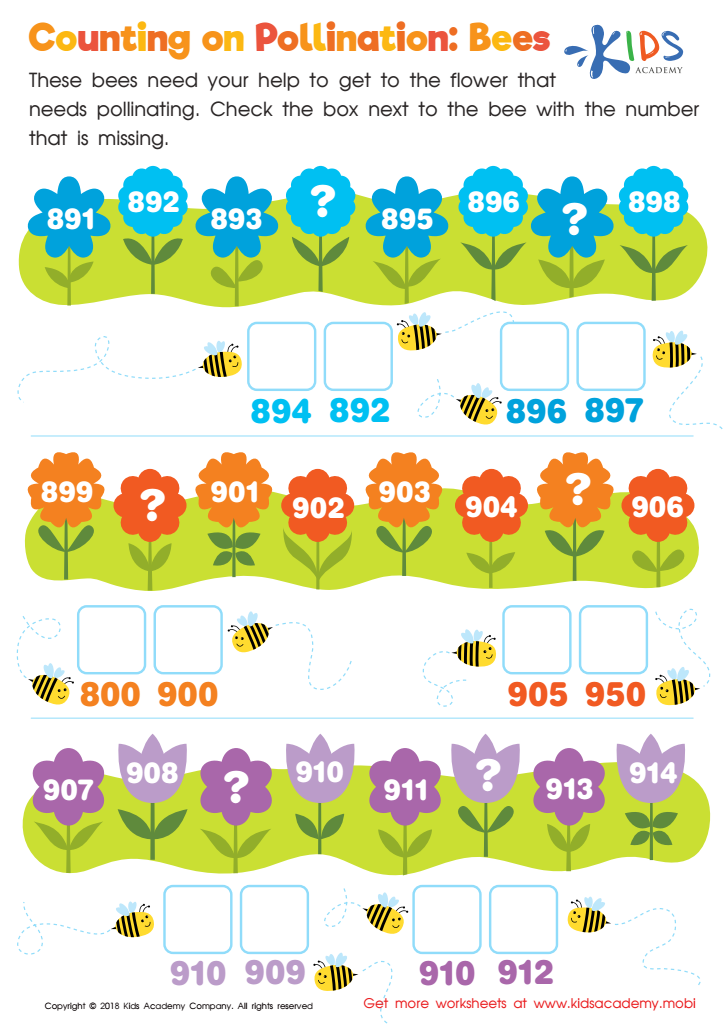

Counting on Pollination: Bees Worksheet
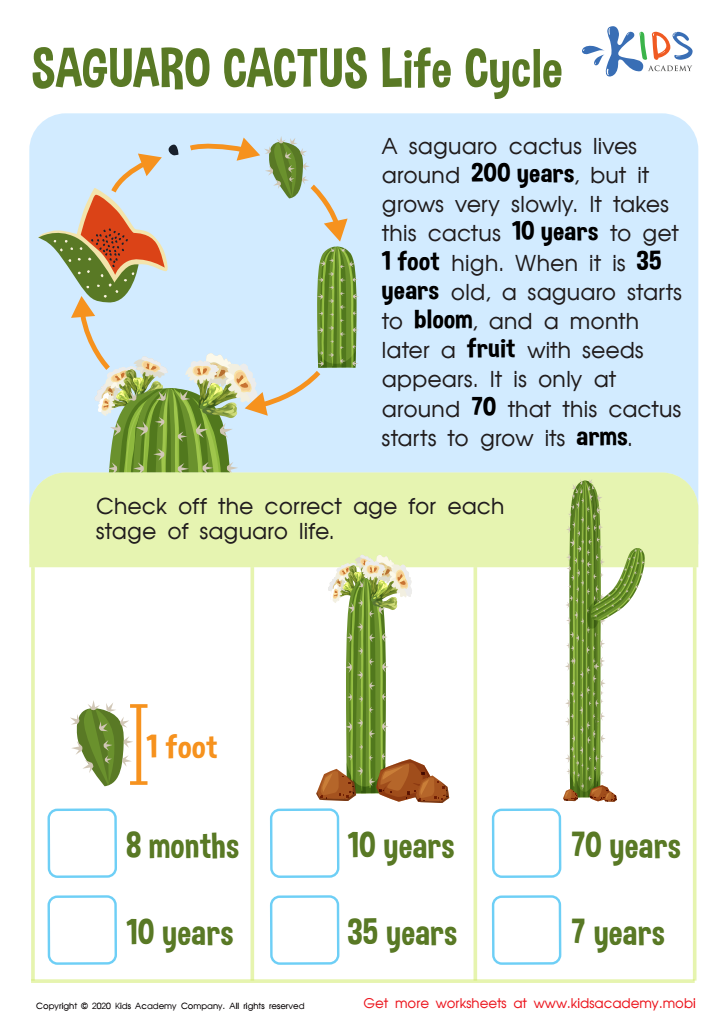

Saguaro Cactus Life Cycle Worksheet
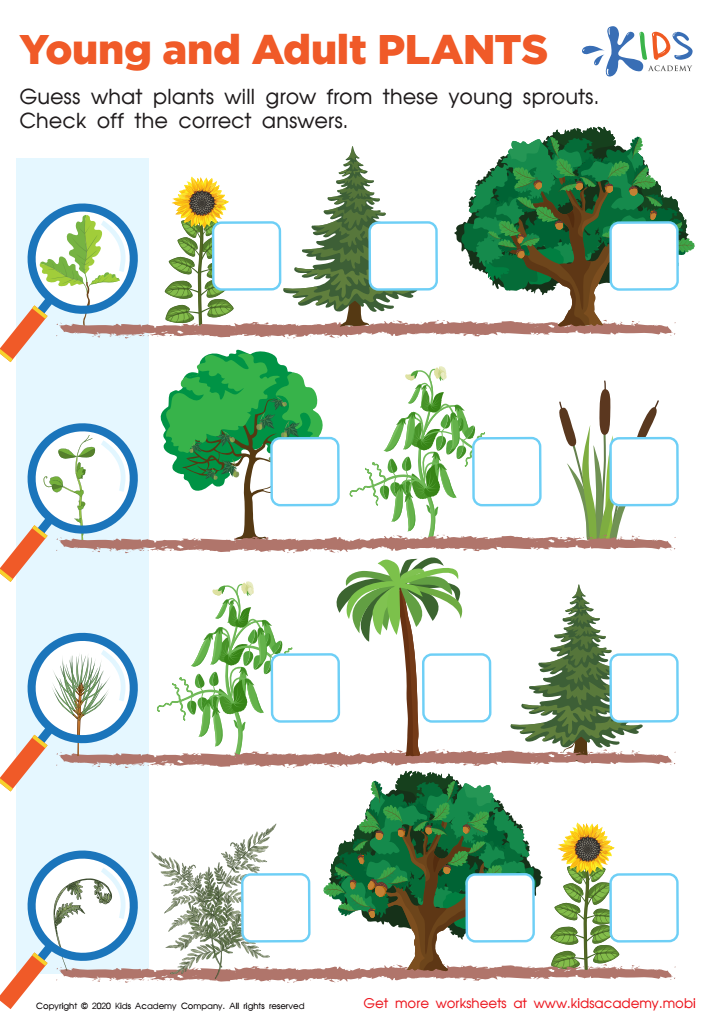

Young and Adult Plants Worksheet
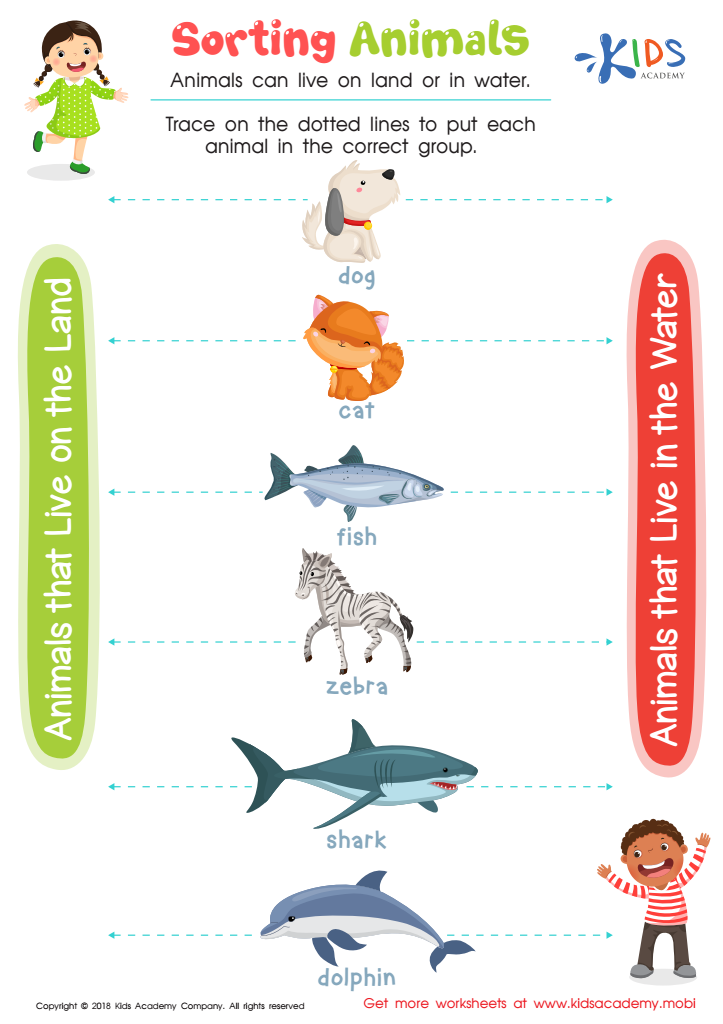

Sorting Animals Worksheet
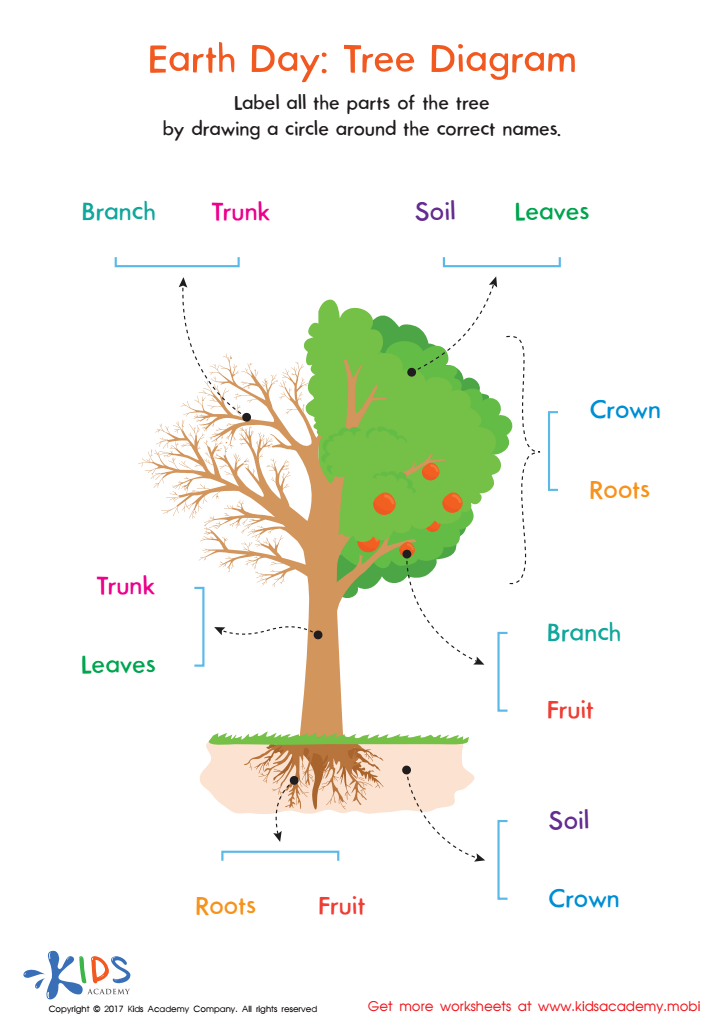

Earth Day: Tree Diagram Worksheet
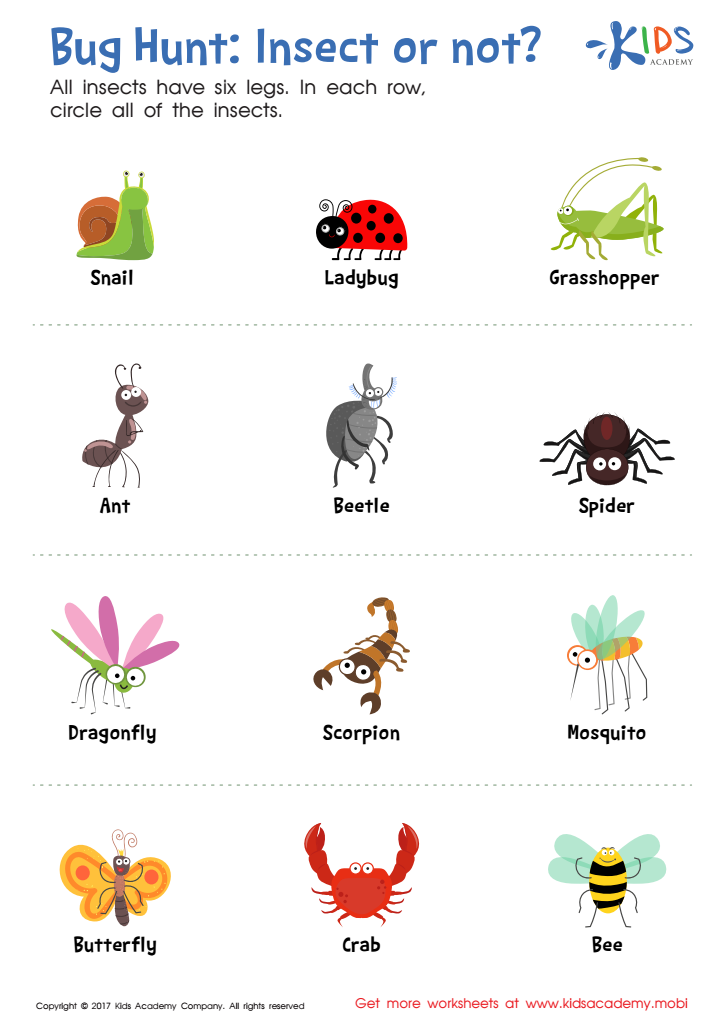

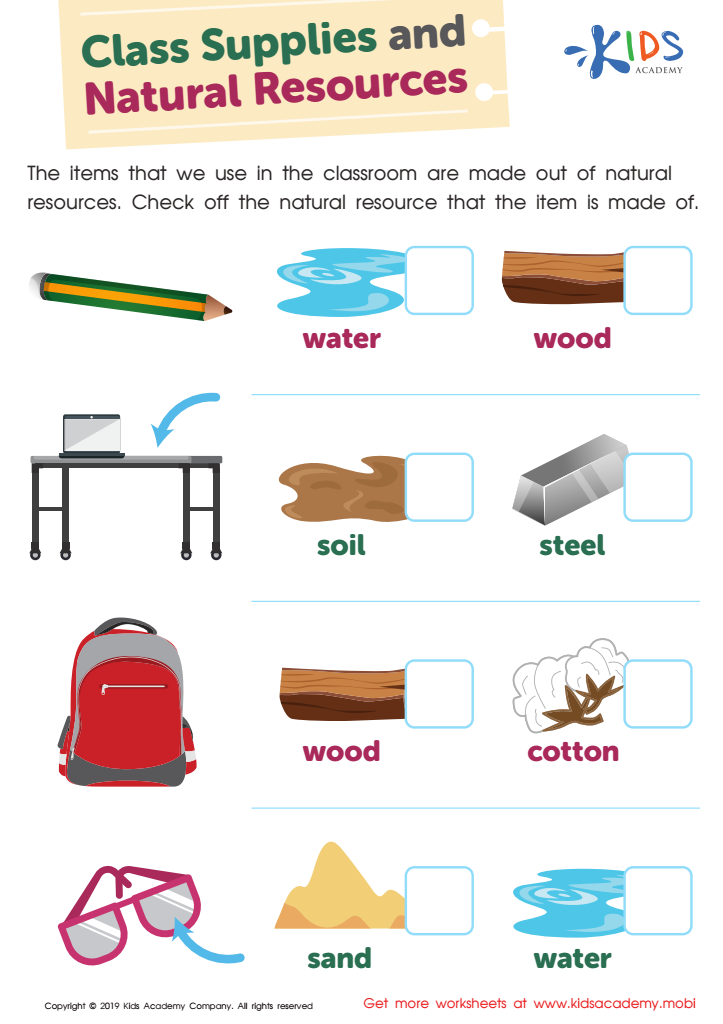

Class Supplies and Natural Resources Worksheet
Understanding normal plants and animals is vital for children ages 3-8, as it lays the foundation for their appreciation of nature and environmental awareness. At this developmental stage, children are naturally curious and eager to explore the world around them. Introducing them to normal plants and animals helps foster a sense of wonder and connection to the environment, which is crucial for building a sustainable future.
Parents and teachers play a key role in cultivating this interest. By exposing children to the diversity of plant and animal life, they stimulate observational skills, critical thinking, and empathy towards living organisms. Recognizing the everyday flora and fauna helps kids develop a greater respect for nature, promoting responsible behaviors like conservation and compassion.
Furthermore, learning about plants and animals supports essential developmental skills, such as vocabulary expansion and cognitive abilities. Engaging children through activities like nature walks, gardening, or storytelling about animals helps enhance their physical and emotional well-being.
Ultimately, valuing normal plants and animals empowers young learners to appreciate their environment, encouraging a lifelong commitment to protecting the natural world. In a time when ecological education is crucial, instilling this understanding early on can have lasting effects on future generations.
 Assign to My Students
Assign to My Students
